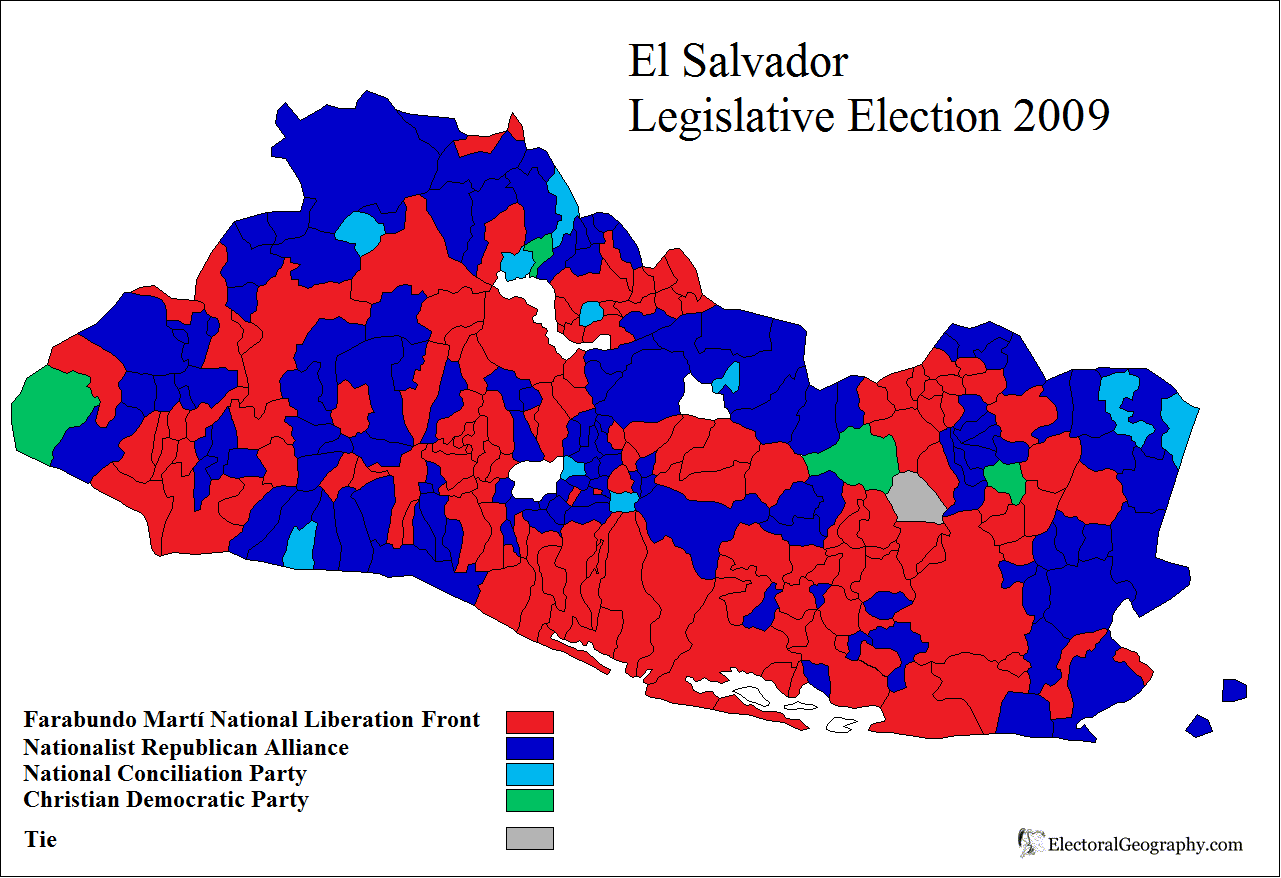As part of launching our new website, our blog has moved. Now you can our latest updates from El Salvador and SHARE Counterparts at: www.share-elsalvador.org/blog
Have a look today to see what else is new at SHARE. We'll see you there! (And don’t forget to change your bookmark).
Non-governmental organization Salvadoran Women for Peace (Organizacion de Mujeres Salvadoreñas por la Paz - ORMUSA), which tracks violence against women, reported that, according to police statistics, there were 160 such murders committed in the country in the first three months of the year. This would put the country on track for a record 640 such killings in 2011 - higher than any year since the organization began to track the issue in 1999.
Human rights organizations in Latin America use the word “femicide” to refer to the murders of women who are killed because of their gender. Murders defined in this way typically involve sexual violence, mutilation, and torture, with the mangled bodies of victims often left in public places.
El Salvador has one of the highest murder rates in the world, with almost 70 per 100,000 people. This is mostly due to soaring gang violence, with the country an increasingly important transit location for drugs being trafficked into the U.S., and the local “maras” or gangs fighting over the business. Sexualized killings of women make up a relatively minor proportion of the many violent deaths -- of some 4,000 murders the police registered in 2010, 580 were identified as femicides.
Read more





























